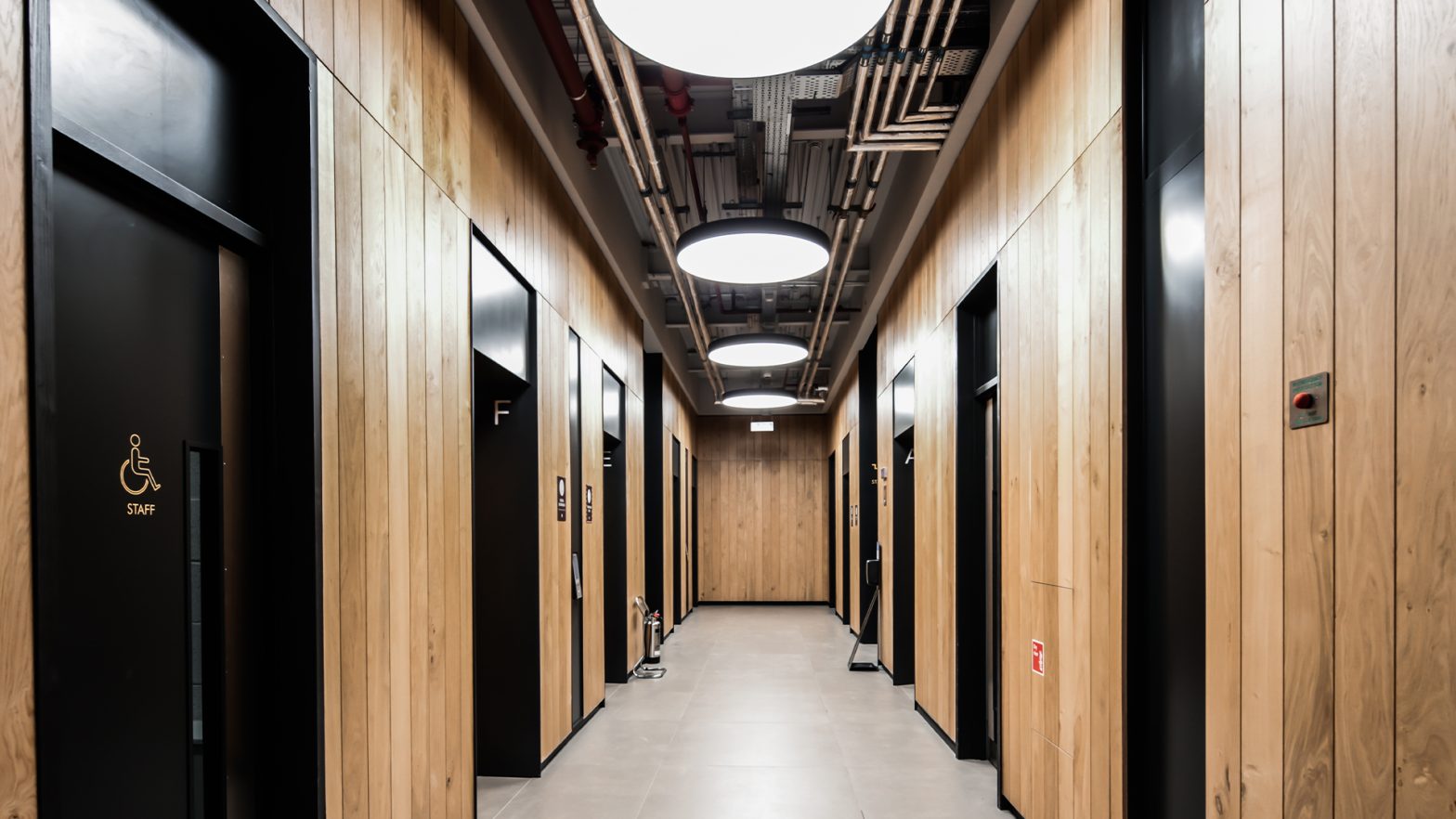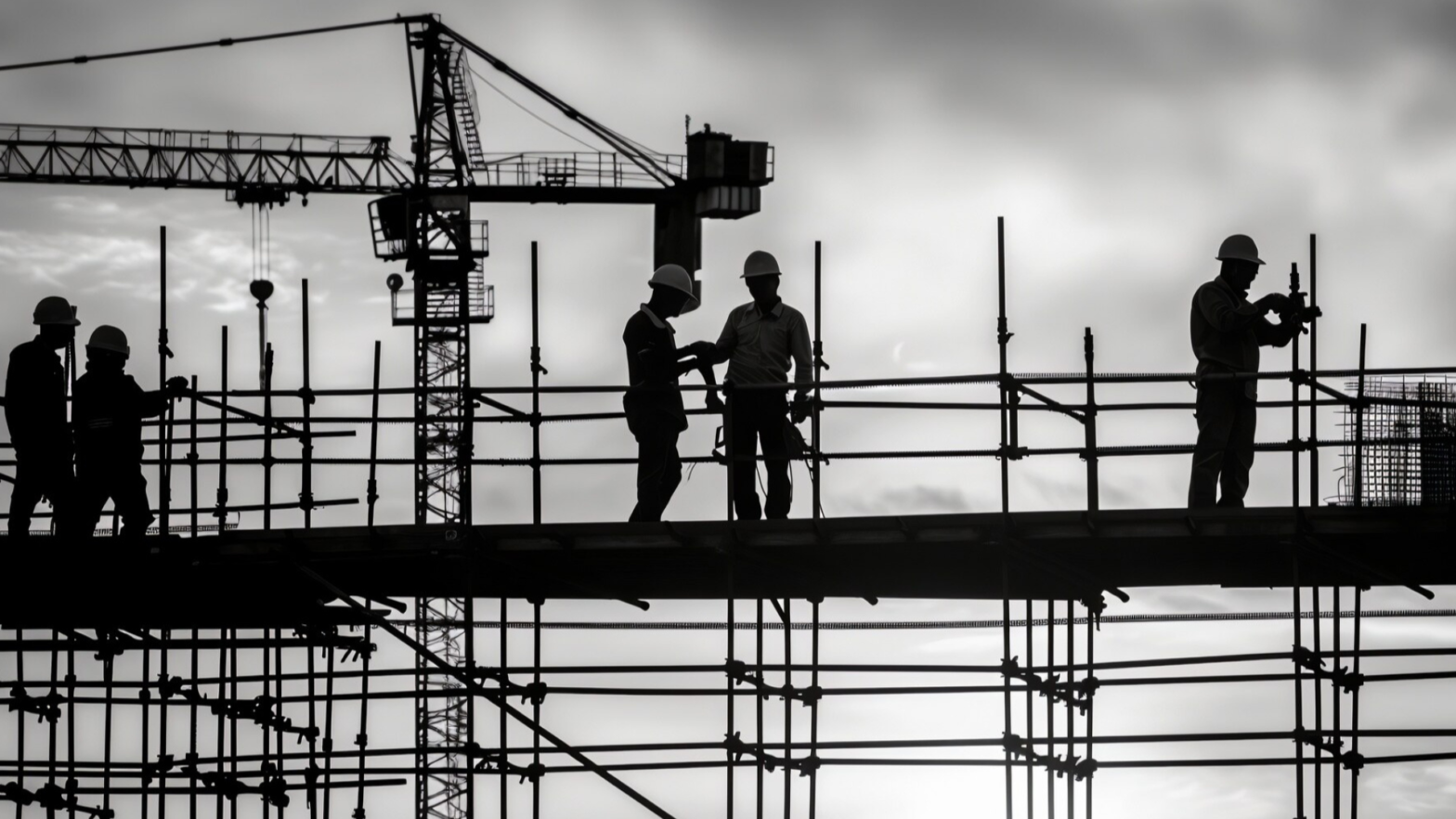
Fire door compliance is critical for building contractors to ensure the safety of occupants and property. Specialist fire doorsets are essential components of a building’s fire protection system, designed to prevent the spread of fire and smoke and enable safe evacuation. Compliance with fire door regulations ensures these doors function correctly under fire conditions, maintaining the integrity of escape routes and protecting lives.
Here, Stuart Wilkinson, Head of Technical Services from doorassure, explores the importance of remaining fire door compliant, precisely what this means, and steps contractors can take to make this a priority – particularly in the wake of the Grenfell Tower disaster.
Why is fire door compliance so critical?
Adhering to fire door standards protects lives and properties, minimises legal liabilities, and enhances a contractor’s reputation. Non-compliance can lead to severe penalties, project delays, and increased insurance costs. Furthermore, fire door compliance demonstrates a commitment to building safety and quality, fostering trust with clients and stakeholders. For contractors, ensuring fire door compliance is not just a regulatory requirement but a crucial aspect of risk management and ethical responsibility, contributing to the overall safety and resilience of the built environment.
Fire doors are a legal requirement in all non-domestic properties, including commercial premises, public buildings, blocks of flats, and houses of multiple occupancy (HMOs).Under the Fire Safety Act 2021 and Regulations 2022 – introduced to strengthen the Regulatory Reform (Fire Safety) Order 2005 following the Grenfell Tower tragedy and Hatton Enquiry – strict regulations and guidelines govern the installation and performance of fire doors.
What steps can you take to remain compliant?
Compliance with fire door regulations comprises four vital steps:
- Professional manufacture – specialists must manufacture fire doors to ensure that doorsets are of the highest quality and are certified to meet stringent industry standards and regulations
- Expert installation – this must adhere to specific guidelines, such as using specialist fire-resistant materials and ensuring that doors fit correctly to the manufacturer’s instructions
- Regular maintenance – this is vital to ensure fire doors continue to function correctly over time by checking the integrity of parts such as seals and hinges, as well as making any necessary repairs
- Periodic inspections – these must be carried out by certified professionals and are required to certify that fire doors meet the legal standards and retain their fire resistance capabilities.
With fire safety under the spotlight in the wake of the Grenfell disaster, the responsibility of delivering something so significant can feel overwhelming. However, accredited third-party experts can relieve the pressure and ensure premises remain safe and compliant. They can work with contractors and building owners to ensure fire doors meet the correct standards and identify where repairs or replacements are required.
How can you ensure compliance remains a priority post-completion?
With compliance such a priority and budgets tight, contractors must do all they can to ensure the longevity of their fire doors – and this is where professional third-party support demonstrates its value. Seek a partner that you can introduce to building owners or landlords post-completion. They should be able to offer a full service, from design, manufacture and installation to ongoing inspection and maintenance, as this makes ongoing fire door compliance more straightforward. They must comply with industry standards, and their products should be certified and compliant with industry regulations – look out for the BM Trada Q Mark Fire Doorset Manufacturer’s Scheme.
Achieving longevity relies on routine inspections to identify wear and tear, damage, or signs of non-compliance. Your fire door partner can conduct inspections and provide reports and guidance on passive fire safety and how to maintain it. Timely repairs and replacements are also essential to ensure there are no gaps in safety or compliance and that fire doors are there to protect in an emergency.
Finally, experts should keep you informed of product innovations and any changes to regulatory standards. They will also ensure all the proper documentation is in place, as you are legally required to keep comprehensive records of maintenance activities, including dates, actions taken, and certifications.
Remaining fire door compliant is not just the law—it’s also a matter of moral and ethical responsibility. By understanding regulations and employing fire safety experts, contractors can confidently arm themselves with the knowledge required to achieve fire door compliance and ensure buildings remain compliant once handed over.
For more information, visit www.doorassure.co.uk






























